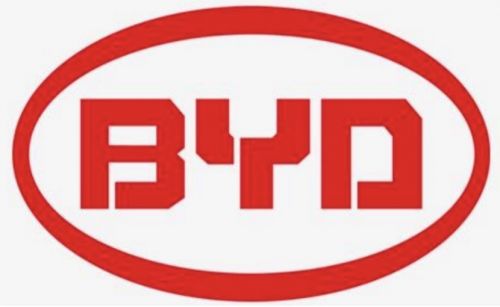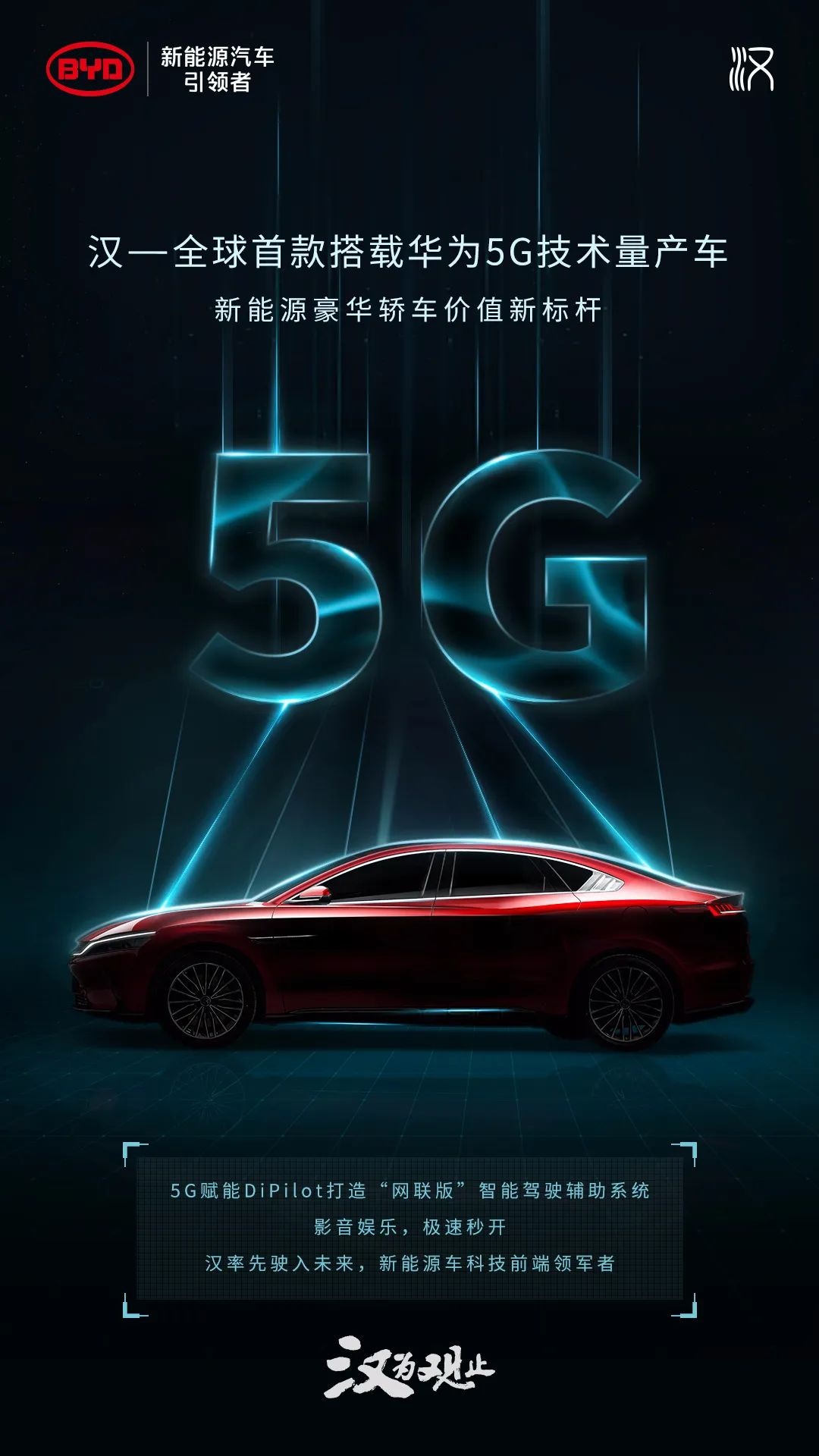
BYD will supply electric car batteries to U.S. automaker Ford Motor, according to a document on Monday from China's Ministry of Industry and Information Technology website.
Caijing contacted the relevant head of BYD to confirm the matter, the other side said that there is no official confirmation, but also did not deny the matter.
In response, Ford China told Caijing that it is only a battery procurement cooperation on one model, not a strategic cooperation of the whole Ford.
On May 14, BYD Deputy General Manager Li Yunfei revealed on Weibo that "Blade batteries are going global, officially settled in a certain international brand".
The official website of the Ministry of Industry and Information Technology announced a group of Ford Ruiji PHEV model declaration chart shows that the power battery is from Xi'an Zhongdi Lithium Battery Co.
In recent years, Ford has been making continuous efforts in the field of electrification, and has attached great importance to the Chinese market.
In April 2019, Ford launched the "Ford China Product 330 Plan", the company plans to launch more than 30 new models in the Chinese market within three years, products covering the two brands Ford and Lincoln, more than 10 of which are new energy models.
Ford has recently introduced a range of new energy models worldwide, including the Racer, Explorer, Lincoln Adventurer and Aviator.
Meanwhile, the updated Ford Conqueror and Lincoln Navigator will also add hybrid versions. There are even rumors that a hybrid option will also appear on the next-generation Ford Ranger.
On March 29, BYD "Blade Battery" launch was officially released through the online form.
The battery form of the blade has been completely changed, resembling a blade, and the integrated design of the battery cell and the battery pack has greatly improved the side touch strength and range.
In addition, at the launch, BYD also announced that the blade battery successfully passed the needle-prick test.
The blade pack is designed to increase the volume utilization by more than 50% and has a high volume energy density, which is close to that of the 811 ternary lithium battery.
The high bulk density allows for a large capacity battery to be arranged in a small space, with a range of 600 km on a single charge.
On April 23rd of this year, BYD and Hino Motors today signed a strategic business alliance agreement to collaborate on the development of pure electric commercial vehicles (BEVs) in the future.
BYD and Toyota signed a joint venture agreement on November 7, 2019 to establish a pure electric vehicle development company. The two companies also announced that they will jointly develop pure electric models for sedans and low-chassis SUVs, as well as the power batteries needed for these products.
The vehicle, which uses the Toyota brand, is scheduled to be launched in China by 2025.



